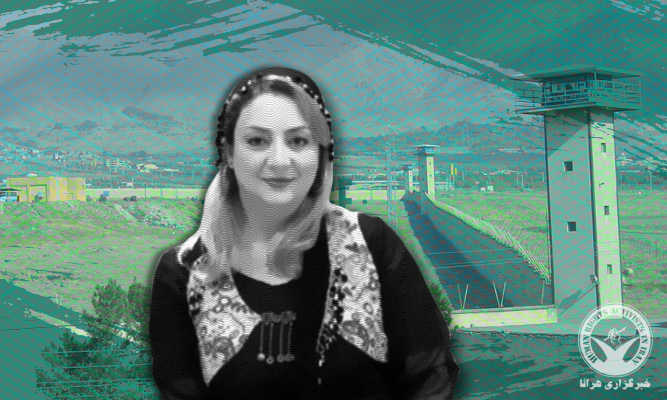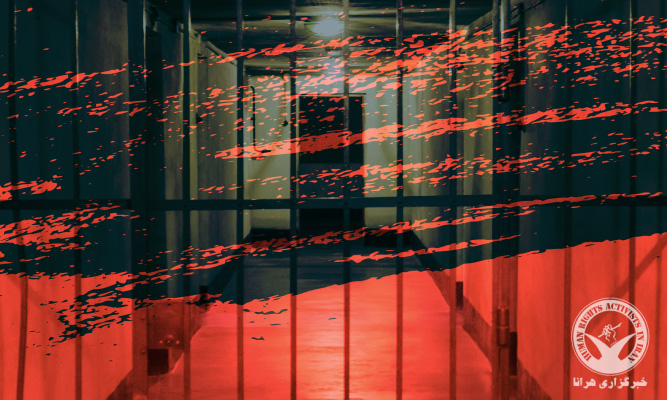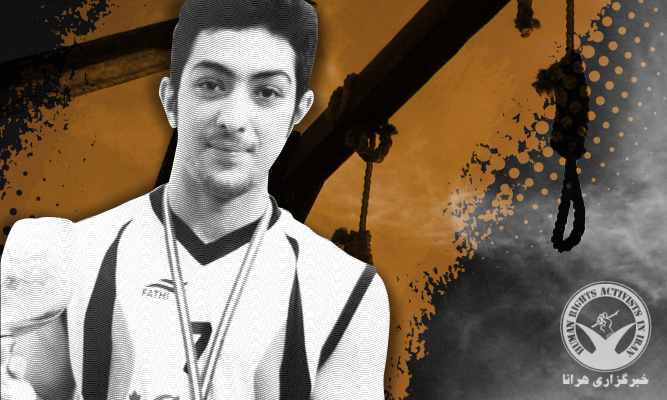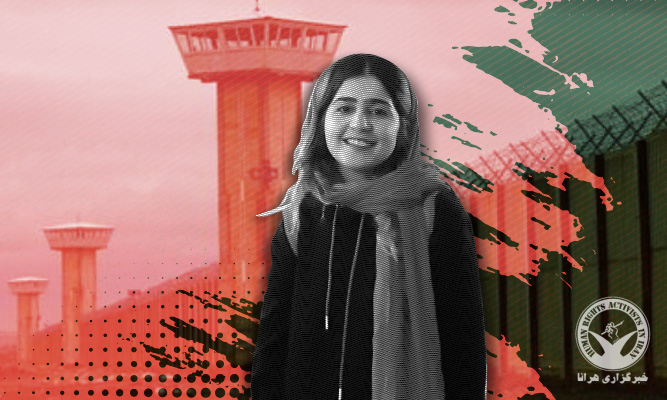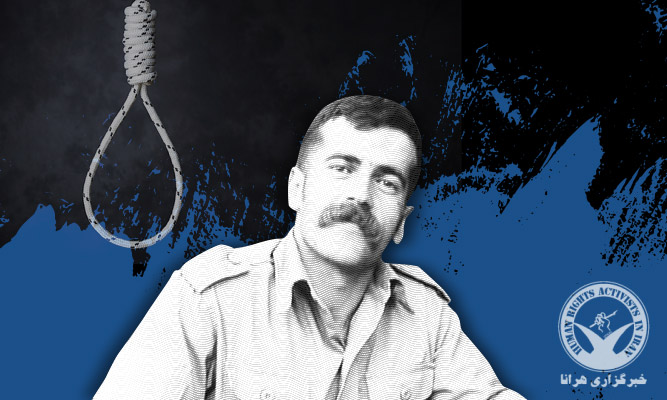In a recent news conference, Judiciary spokesperson Zabihollah Khodaeyan claimed the Shahin Naseri’s death in prison was caused by ” drug poisoning”, without providing any details.
According to HRANA, the news agency of Human Rights Activists, quoting IRNA, Shahin Naseri was an eyewitness to the torture of Navid Afkari. On September 21, 2021, he went to Prison healthcare of the Greater Tehran Prison for treatment, where he died mysteriously after 45 minutes.
“In the previous meeting, we said that forensic results have not yet been announced, ” Khodaeyan said in regard to Naseri’s death, “but recently forensic has detected drug poisoning as the cause of death.”
According to fellow inmates and friends close to Shahin Naseri, who had talked to him before his death, he did not express any depressive symptoms or any intention to commit suicide. Rather, he was concerned about his life and health due to the threats he had received in solitary confinement.
After testifying about the torture of Navid Afkari, he was exiled to the Greater Tehran Prison where he was held in solitary confinement for a while.
Two days after Shahin Naseri’s death, Public Relations of Tehran Prisons General Administration said in a statement, “The inmate was urgently transferred to Prison healthcare, where he was under the resuscitation operation for 45 minutes, but despite the efforts of the medical staff, he died.”
In a voice message recorded before the death of Navid Afkari, Shahin Naseri reveals a part of tortures his fellow inmate has gone through.
“One day when they were taking me to the police station in Shiraz, in the corridor, I heard screams, begging and obscenities,” Naseri says in the recording. “When I passed along the torture place, I saw that two undercover cops were beating on his face with batons.”
An informed source close to his family told HRANA that in coincide with the anniversary of Navid Afkari’s execution, they relocated him to an unknown location. Based on threats he had received from security forces, we thought he was transferred to a location of a security unit. But a few days ago, we found out that he was held somewhere in the Greater Tehran Prison. Since he did not have any acute background diseases, his death is quite suspicious.
“I heard clearly that they told him that you should write down and confess whatever we tell you,” Naseri added in the recorded message. “When I went to Security Court for testifying, I told the Branch Investigator about his torture. He said with slanderous words that ‘you are meddling in a security case. I will force the agents to file a complaint against you for these accusations. If you play with fire you are going to get burnt.'”
Navid Afkari was an Iranian wrestler who, despite serious ambiguities in his case and worldwide outcry to halt the execution, was executed on September 13, 2019, in Adelabad Prison in Shiraz.




